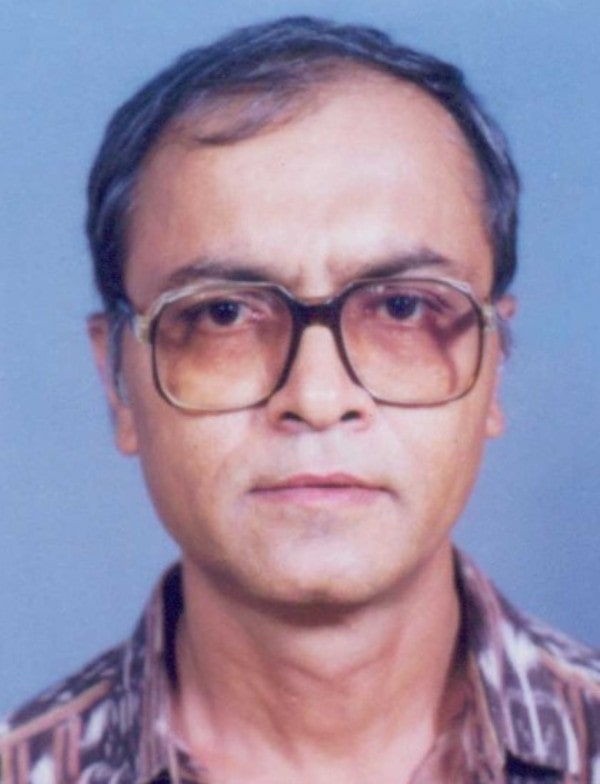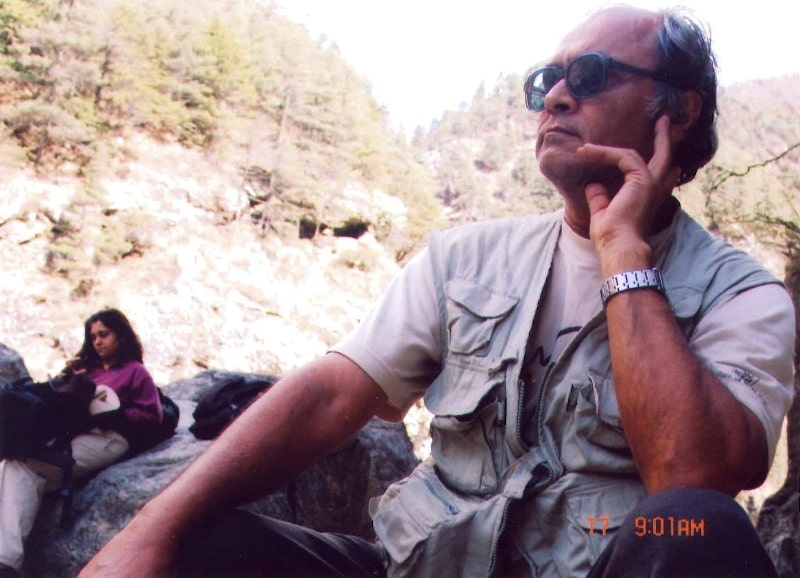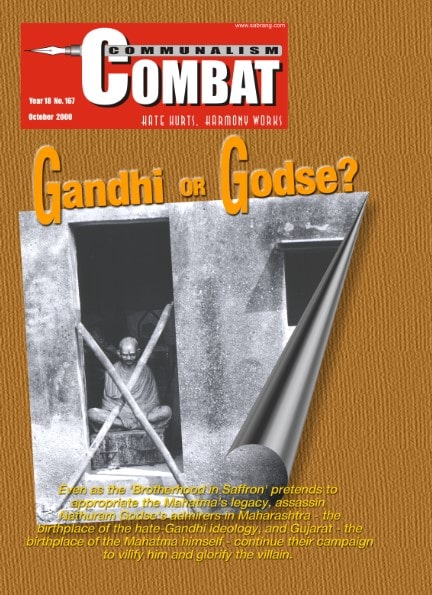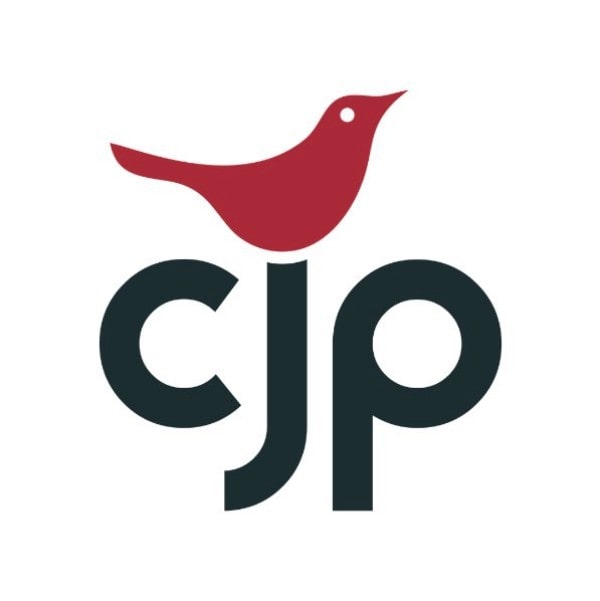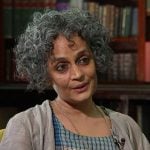Javed Anand (Teesta Setalvad’s husband) Age, Family, Biography & More
| Bio/Wiki | |
|---|---|
| Profession(s) | Journalist and Social Activist |
| Famous for | Being the husband of Indian civil rights activist Teesta Setalvad. |
| Personal Life | |
| Age (as of 2022) | 72 Years |
| Birthplace | Bombay (now Mumbai), Maharashtra, India |
| Nationality | Indian |
| Hometown | Mumbai, Maharashtra, India |
| College/University | Indian Institute of Technology (IIT) Bombay |
| Educational Qualification | BTech (Metallurgy) [1]Tata Literature Live |
| Religion | Islam [2]Javed Anand’s YouTube interview Note: In an interview, Javed once claimed that he considers himself to be a Progressive-Secular Muslim. |
| Address | Nirant, Juhu Tara Road, Juhu, Santacruz West, Mumbai, Maharashtra - 400049 |
| Controversies | • Presenting exaggerated claims: Javed Anand's NGO has often been accused of presenting exaggerated claims in the courts of law. In 2009, Javed's NGO, CJP, presented an incident in the Supreme Court and stated that during the 2002 Gujarat riots, a Muslim woman named Kausar Bano, who was pregnant, was sexually assaulted by a group of rioters. The NGO further claimed that the pregnant lady was killed by the group by forcefully removing her womb with the help of a sharp-edged weapon. After conducting a thorough investigation, the Special Investigation Team, formed by the order of the Supreme Court, presented its investigative results, stating that the NGO had exaggerated the fact. The SIT stated that Kausar Bano was indeed killed during the riots, but neither was she sexually assaulted nor did she die by having her womb forcefully removed. The Supreme Court, in its judgement over the issue, stated, "The protagonists of the quest for justice are sitting in a comfortable environment in their air-conditioned office may succeed in connecting failures of the state administration at different levels during such a horrendous situation, little knowing or even referring to the ground realities and the continual effort put in by the duty holders in controlling the spontaneous evolving situation unfolding aftermath mass violence across the state.” [3]The Economic Times • Accused of misappropriation of funds: In early 2013, 12 residents of the Gulbarg Society in Gujarat wrote a letter to the Gujarat police in which they mentioned that Teesta Setalvad and her husband, Javed Anand, had wrongfully collected money, in the name of providing justice to the victims of the 2002 Gujarat riots, from the residents of the society. The letter also accused Teesta and Javed of collecting money from society to construct a museum for the victims of riots. [4]The Indian Express On 13 March 2013, in another letter written to the Joint Commissioner of the Crime Branch, the residents, including the Secretary of the society, said that the letter with the society's official letterhead that was written earlier was wrongfully written by "some miscreants" of the society. Javed's NGO, Citizens for Justice and Peace (CJP), also issued a clarification regarding the collection of the funds and construction of the museum. In its official statement, the NGO stated that they had not collected any amount of money from society, and all the money (Rs 4,60,285) that they had collected was through other national and international sources. The NGO further stated that the museum could not be built because of the fluctuating prices of the land. [5]The Times of India • Illegal foreign funding: The law of India states that to accept donations in kind from any international source, the parent organisation has to be registered under the Foreign Contributions Regulation Act (FCRA). From 2004 to 2014, Javed Anand's NGO, CJP, accepted a total of $290,000 from an American organisation named Ford Foundation. The CJP was accused of accepting the donations without registering itself under the FCRA; moreover, the Ford Foundation was already on the watch list of the Gujarat government for interfering in the internal matters of the state. In 2016, the Ministry of Home Affairs conducted a series of investigations on the allegations and temporarily cancelled the NGO's license. An official statement issued by MHA stated, "Prima facie violations of various provisions of FCRA were noticed. An on-site inspection or a raid was conducted of books and accounts and records from 9-11 June 2015 at its Juhu Tara office. On 9 September FCRA registration was suspended and issued a show cause notice to Teesta Setalvad and her husband Javed Aanand. They were given a personal hearing on 11 April 2016. On 16 June, the registration was cancelled with the government with immediate effect.” [6]Firstpost • Accused of spreading hatred: On 31 March 2018, Raees Khan Pathan, a close associate of the couple, lodged an FIR against Teesta and Javed for "mixing religion with politics" and spreading religious hatred through their NGO Khoj. The NGO was established by the couple with an aim of providing quality education to those who cannot afford education. Pathan also accused the duo of siphoning off Rs 1.4 crore, which was granted to their NGO by the Government of India between 2008 to 2014, under the National Policy on Education. The police registered an FIR against the couple under sections 153A and 153B of the IPC. In 2019, the couple was granted anticipatory bail by the Gujarat High Court. [7]NewsClick |
| Relationships & More | |
| Marital Status | Married |
| Affairs/Girlfriends | Teesta Setalvad (journalist and civil rights activist) (1983-1987)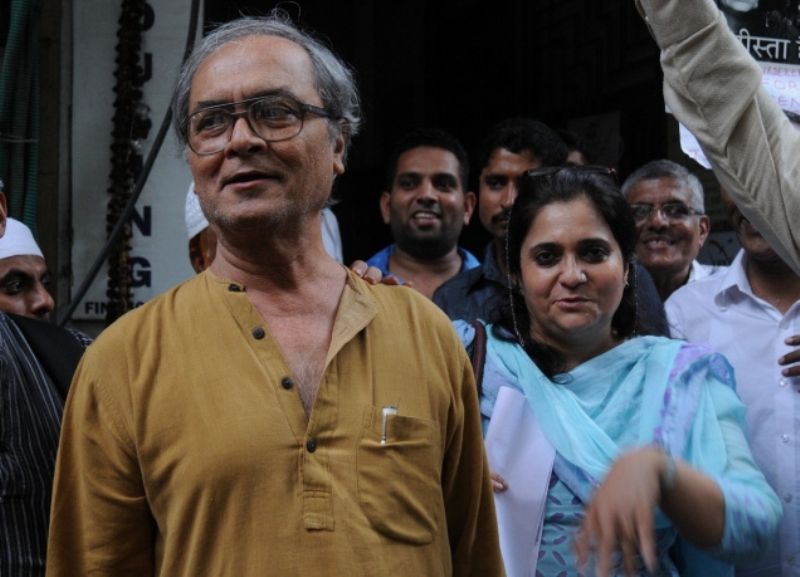 |
| Marriage Date | Year, 1987 |
| Family | |
| Wife/Spouse | Teesta Setalvad (journalist and civil rights activist)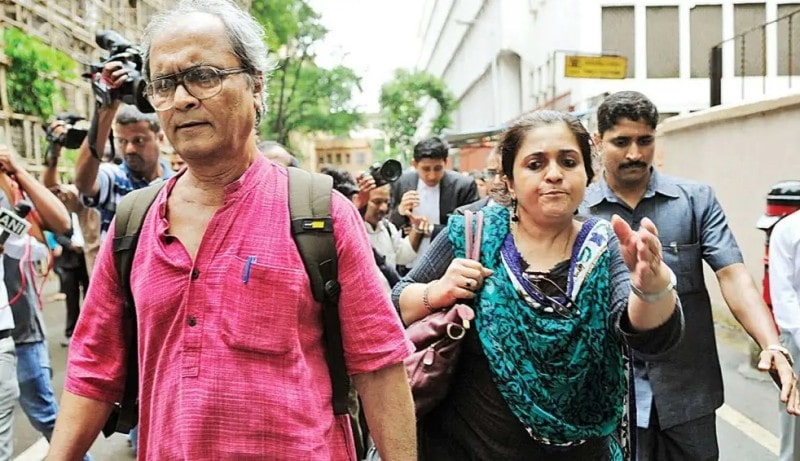 |
| Children | Son- Jibran Anand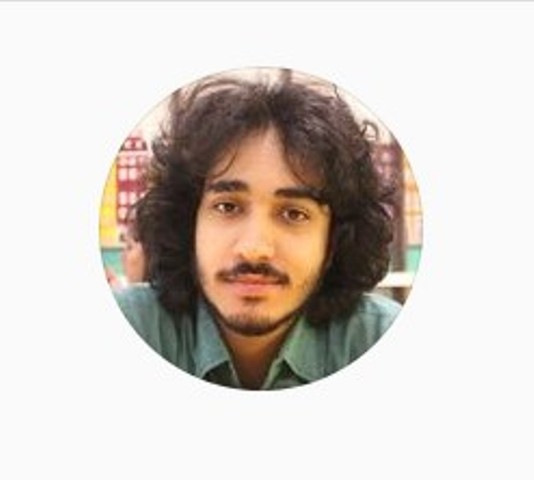 Daughter- Tamara Anand (photographer) 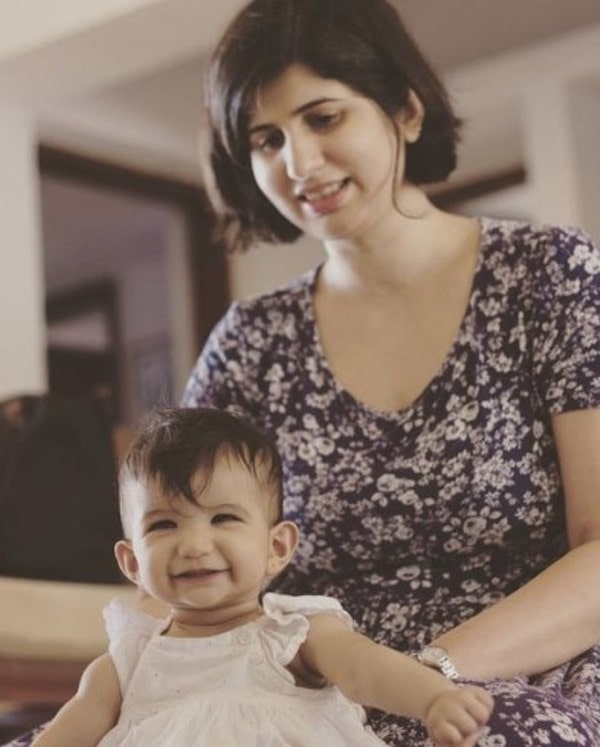 |
| Money Factor | |
| Assets/Properties | Javed Anand owns a bungalow named Nirant in the posh area of Juhu in Mumbai. According to some media outlets, the estimated cost of his bungalow is somewhere between Rs 400 crore and Rs 600 crore. The bungalow is said to have a lawn spreading across three acres of land. Also, it is believed to be at least thrice as big as Amitabh Bachchan's bungalow named Jalsa. [8]Navbharat Times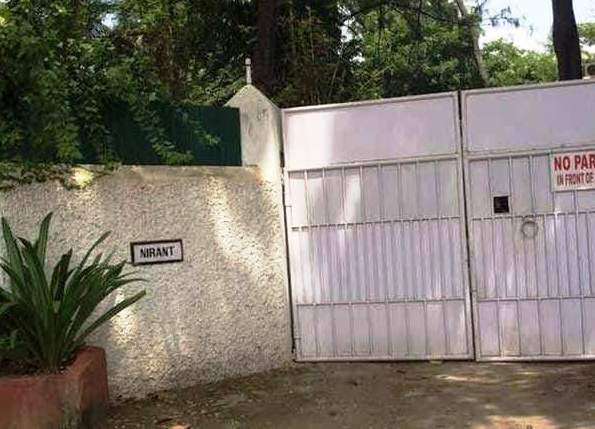 |
Some Lesser Known Facts About Javed Anand
- Javed Anand is an Indian journalist and a human rights activist. He is also popular for being the husband of the civil rights activist Teesta Setalvad.
- While studying at IIT Bombay, Javed, in the late 1960s and early 1970s, participated in the peace rallies, which were being conducted against the United States of America’s unwanted military intervention in Vietnam. While giving an interview, Javed said,
In the late 1960s and early 70s, the students’ movement was very big, with protests against the United States’ role in Vietnam. I ended up joining a social action group.”
- In 1971, after completing his engineering at IIT Bombay, Javed Anand joined a social action group, Rapid Economic Development of India, which was established by ex-IITians, with an aim of fighting injustice against the deprived classes of India.
- Javed Anand entered the world of journalism in 1971 when he was employed as a columnist by a Mumbai-based newspaper, The Daily.
- Javed Anand got the much-awaited break in his journalistic career when he was given the responsibility of covering the 1984 anti-Sikh riots in India. He covered this event along with his wife, Teesta Setalvad, who, back then, was also working with The Daily in Bombay. The reporting of the duo earned them appreciation from other renowned journalists.
- In 1988, Javed Anand submitted a petition signed by more than 300 journalists to the then Chief Minister of Maharashtra to take action against Bal Thackeray, who had threatened to economically boycott the Sikhs living in Maharashtra. In an interview, Javed said,
I remember in 1988, when Bal Thackeray had called a press conference where he had issued Sikhs an ultimatum and threatened them with an economic boycott, we had collected 300 signatures of journalists asking the government to take legal action against him. Thackeray had then dared the CM to act. Soon after, I had to interview S B Chavan, who was then the CM, and I asked him what happened to the action he had promised. He replied that he had been advised it would be counter-productive.”
- In 1992, there were massive communal riots in Mumbai due to the demolition of Babri Masjid in Ayodhya. During the riots, Javed and his wife, Teesta, decided to quit their jobs to start publishing their own periodical news magazine titled Communalism Combat.
- In 1993, Javed Anand co-founded another news media outlet, Sabrang Communications, with Teesta Setalvad.
- In 1996, Communalism Combat ran into operational troubles as the founders could not generate enough revenue to sustain its functioning. Narrating the incident, Javed Anand, during an interview, said,
At one time, between July 1995 and February 1996, we had run out of money and I thought we would have to close down the magazine. Teesta said, What nonsense. We’ll sell my jewellery if we have to!”
- To continue the publishing of Communalism Combat, Javed and Teesta, in 1999, decided to generate revenue for the magazine by publishing electoral campaign advertisements for political parties such as Indian National Congress, CPI, and CPI-M. This decision of the duo agitated the BJP, which in turn, filed a petition with the Election Commission of India (ECI), accusing the couple and their magazine of violating the Election Commission’s Model Code of Conduct (MCC). The petition was rejected by the ECI, which gave its decision in the favour of Javed and Teesta. Explaining the situation, Javed said,
At election time when there is heightened political consciousness when people are looking for news, trying to evaluate, at that time to come out with a campaign against the Sangh Parivar made an impact. This is evident from their own reactions to the ads. They were dead scared. They complained to the Election Commission that we are spreading falsehood and misleading people so action should be taken against us under a variety of clauses and sub-clauses. The Election Commission ignored them.”
- In 1998, the couple, through their news agency, Sabrang Communications, published their first popular report. The report, Damning Verdict: Report of the Srikrishna Commission, was based on the 1992-93 communal riots in Mumbai and the 1993 Mumbai bomb blast case.
- The duo published another popular report titled Saffron Army Targets People of the Cross in the same year. In the report, Javed and Teesta focused on the role played by the state as an agent in enforcing the forceful conversion of Indian Christians into Hinduism.
- In 2000, Sabrang published another article titled Saffron on the rampage: Gujarat’s Muslims pay for the Lashkar’s deeds. The article was based on the Gujarat communal riots, which took place in 2000.
- In 2002, Sabrang and South Asia Citizens Web (SACW) published a joint report titled The Foreign Exchange of Hate: IDRF and the American Funding of Hindutva. The report focused on identifying the ways in which American aid was being diverted to the Rashtriya Swayamsevak Sangh (RSS) by an NGO named India Development and Relief Fund (IDRF).
- On 1 April 2002, Javed Anand and Teesta Setalvad established Citizens for Justice and Peace (CJP) which is a Non-governmental Organisation (NGO) that deals with upholding and safeguarding the civil rights of the citizens of India. The NGO was established by the couple in collaboration with other renowned personalities like Javed Akhtar (music composer), Rahul Bose (actor), Vijay Tendulkar, Anil Dharker (a journalist), Father Cedric Prakash (a catholic priest), and Alyque Padamsee.
- The NGO was established after the 2002 Gujarat riots. The NGO aims to bring those involved in the 2002 Gujarat riots to justice. Through his NGO, Javed Anand also supports the provisioning of equal civil rights, under the constitution of India for the Dalits, Muslims, and women.
- In 2002, CJP and Zakia Jafri, together, filed a petition in the Supreme Court, levelling a series of 21 allegations against the then Chief Minister of Gujarat, Narendra Modi. The Chief Minister was accused of allowing the parading of the dead bodies of the victims of the riots, giving complete control of the Gujarat police’s control room to the cabinet ministers, appointing members of the Vishwa Hindu Parishad (VHP) as public prosecutors, and a lot more.
- On 27 April 2009, following the filing of a petition against the 2002 Gujarat riots accused by the CJP, the Supreme Court ordered the formation of a Special Investigation Team (SIT) under the Chairmanship of R. K. Raghavan. The SIT was ordered to probe nine incidents pertaining to the 2002 Gujarat riots.
- On 14 May 2010, the SIT submitted its findings to the Supreme Court, and the Supreme Court then appointed Raju Ramachandran as its amicus curiae (advisor to the court). Raju Ramachandran found several disparities in the report filed by the SIT. After conducting an independent investigation into the matter, Raju Ramachandran stated in his report that an IPS officer named Sanjiv Bhatt, who, in 2002, was posted in Gujarat, was called to the CM’s residence for an emergency meeting, where he was instructed by the CM himself to let the riots take place so as to allow the rioters to “teach the Muslims a lesson.”
- On 8 February 2012, after disagreeing with the independent investigation of Raju Ramachandran, the SIT filed its closure report with the Supreme Court.
- On 10 April 2012, the Supreme Court, upon finding no conclusive evidence, gave its decision in favour of the accused individuals, including the then CM of Gujarat Narendra Modi, and acquitted them of all charges.
- On 15 April 2013, demanding the SIT to hand over their collected pieces of evidence to the petitioners, CJP and Zakia Jafri filed another PIL. While filing a counter-petition against the PIL of CJP and Zakia Jafri, the SIT stated,
Teesta Setalvad and others have falsified the complaint targeting the chief minister who had never said that go and kill people. Their lawyer further submitted that the so-called incident of Chief Minister (Narendra Modi) giving instructions (in the meeting) to high-level police officers not to take action against the rioters is a sole creation of Teesta Setalvad. There is no evidence of the same and that Setalvad was not present during the incident.”
- In 2013, CJP filed another litigation in the Supreme Court, seeking an investigation into the alleged roles played by the accused persons in the burning down of the “Best Bakery” in the 2002 Gujarat riots. The CJP also successfully managed to have the “Best Bakery Case” transferred to the Bombay High Court from the Gujarat High Court.
- By early 2014, all the litigations filed by CJP against those accused of the 2002 Gujarat riots were rejected by the Supreme Court due to a lack of evidence against the accused.
- In June 2022, after the Supreme Court rejected the joint petition, which was filed by Zakia Jafri and the CJP against the Supreme Court’s decision on giving a clean chit to PM Modi, Home Minister Amit Shah blamed Javed, Teesta, and their NGO Citizens for Justice and Peace for vehemently targeting Prime Minister Narendra Modi time and again. While giving an interview, the Home Minister stated,
I have already read the judgement very carefully. The judgement clearly mentions the name of Teesta Setalvad. The NGO that was run being run by her – I do not remember the name of the NGO- had given baseless information about the riots to the police.”
- Javed Anand also writes as a columnist for several renowned national English newspapers such as Deccan Chronicles, Financial Express, The Indian Express, and many more. Through his columns, Javed often emphasizes upholding the sanctity of democracy and the liberalisation of Islam. In an article, once written for The Indian Express, Javed Anand criticised an Islamic NGO, in the UK, for selectively providing donations to only those Muslim countries that supported the implementation of the Sharia law. [9]The Indian Express
- Javed Anand once wrote an article for the Deccan Chronicles, which was titled The Jamaatis’ new robes. In the article, he criticised the rapid expansion of Islamic political parties in India. Javed, in his column, exclaimed,
Ideologically speaking, it means secularism by daylight, Sharia after dark. Politically speaking, at best they’ll cancel each other out; eat into the votes of mainstream parties that swear by secularism. At worst, they’ll provide propaganda fodder to Hindutva, feed Islamophobia.”
- In one of his articles, Javed Anand criticised the Students’ Islamic Movement of India (SIMI) by calling it a militant organisation and anti-democratic movement; SIMI was later banned by the Government of India.
References/Sources:

